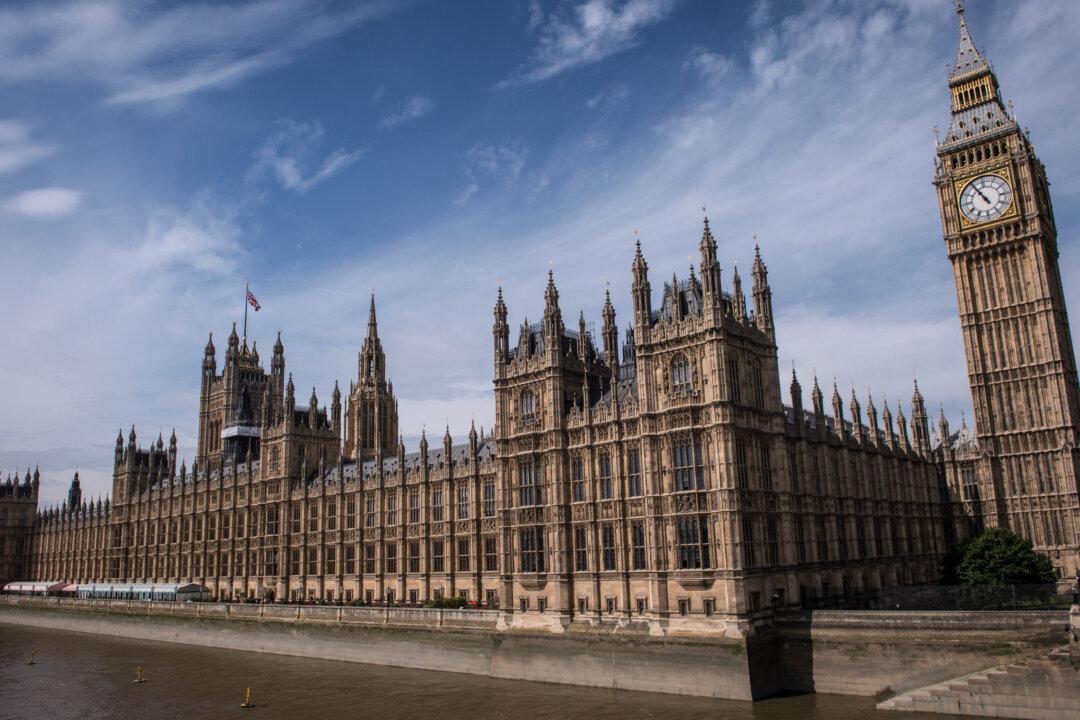The UK’s upper house of Parliament on Wednesday pushed a number of amendments to legislation in a bid to buttress the UK’s public supply chain against human rights abusers and national security threats.
During the third reading of the Procurement Bill, the House of Lords voted to pass an amendment targeting forced organ harvesting by 191 votes to 169.





